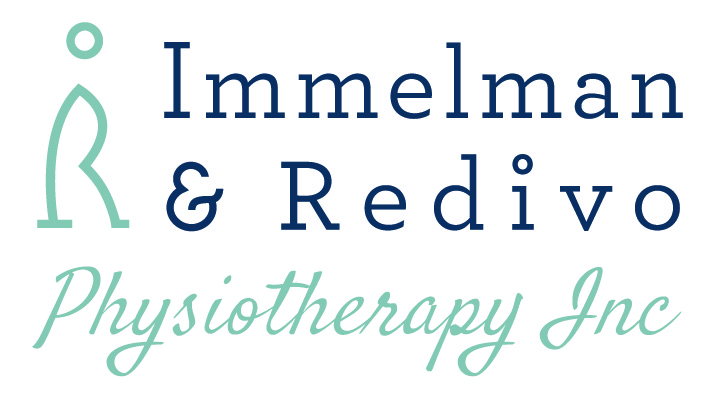Nerve Pain/ Neuropathic pain
Nerve pain can encompass a vast majority of symptoms, including but not limited to pins and needles, numbness, tingling and burning. There are many reasons the nervous system can experience discomfort and cause your symptoms. Some are related to diabetes, infections, systemic conditions (whole body). Musculoskeletal reasons may include injuries to the nerve itself, or associated structures like joints, bone, discs or muscles.
Sciatica
Sciatica is a general term that refers to symptoms especially pain, experienced from one of the nerves that run down your leg. Pain in the buttocks/thigh, numbness, muscle weakness and change in gait pattern is all signs and symptoms of sciatica. The pain can be quite severe and can have a sudden or gradual onset. Causes for sciatica can be at the nerve root level, (at the spine) or along the nerve as a result of compression/irritation by surrounding tissue (for example the piriformis muscle also known as the piriformis syndrome).
This type of condition can happen in the neck area as well causing arm; trunk and chest wall pain. Physiotherapists can help determine the reason for your pain and help you understand the mechanism involved. We do a thorough assessment and determine the best management plan ahead.
Common nerve related conditions that we can treat include nerve root pain, Bell’s Palsy, Posterior-Interosseos Nerve (PIN) impingement, neural immobility, carpal tunnel syndrome and complex neurogenic nerve pain. Feel free to contact us should you wish to find out if we can assist with your symptoms.
Bells Palsy
Bell’s palsy is a condition affecting one of the nerves in the face: Cranial nerve VII, the Facial nerve. There are many reasons for the paralysis and it is often attributed to trauma, viral infection or increased swelling during pregnancy. Bell’s palsy affects one side of the face. Signs of paralysis or weakness are present and it can be painful. Treatment includes cortisone/anti-inflammatory medication, anti-virals (if as a result of a virus) and physiotherapy. Physiotherapy treatment hastens the recovery and can help prevent long term weakness. Physiotherapy entails assistance with pain management, reducing inflammation, electrical stimulation of the nerve and exercises to address the muscle weakness.
Nerve root pain
Nerve root pain is experienced due to the compression or irritation of a nerve in the body at the origin in the spinal cord and is also known as radiculopathy. This can result in symptoms down the arm or leg, or even patchy symptoms in the extremity. Symptoms vary from pins and needles, pinching, burning, aching and the feeling of stiffness or weakness. The treatment is specific to the level of the nerve affected and origin of the compression or irritation of the nerve and would include assessment and treatment of the contributing factors as well. Majority of patients with nerve root pain improve within 6 weeks to 3 months with conservative management.
Soft tissue and nerve pain
The whole body is made up of connective tissue. We are able to stand up straight or move due to connective tissue that works with muscle, ligaments, joints and nerves. Adaption or imbalances in this connective tissue due to posture, injuries or compensation can be called a dysfunction. Soft tissue dysfunction could restrict nerve movement or lead to compression of the nerve resulting in nerve pain. Myofascial release, dry needling, muscle energy techniques and muscle retraining are used as treatment for soft tissue dysfunction. Specific exercises can also help your soft tissue and manage/prevent dysfunction.

